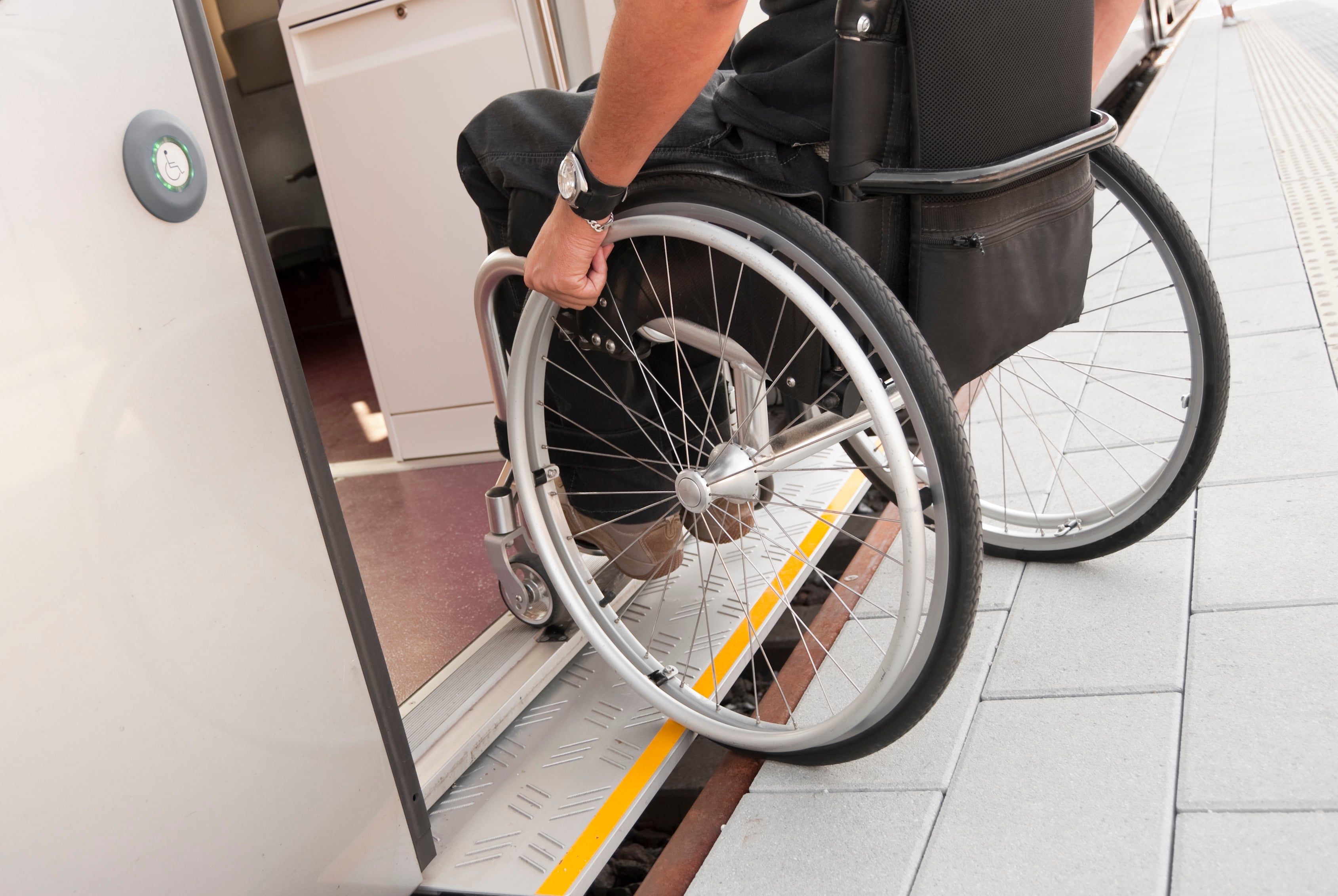Wheelchair user almost left stranded at train station after assistance staff fail to turn up
Disability campaigner Katie Pennick was only able to travel because her partner could lift her wheelchair onto the train

Disability campaigner Katie Pennick was almost left stranded at an Oxfordshire station yesterday when staff failed to turn up to assist with a wheelchair ramp.
Travelling into London with Chiltern Railways, Pennick, who is campaigns lead for the transport access charity Transport for All, tried to book assistance for her journey via the Passenger Assistance app.
She was unable to get confirmation of her booking from the app and, on arriving at the station, found it entirely unstaffed. She was therefore unable to access the wheelchair ramp and was only able to board because her partner was with her.
“Luckily my partner is strong and was somehow able to drag my wheelchair up the giant step onto the train,” wrote Pennick on Twitter.
“If I was on my own, I would be totally stranded.”
Once on the train, Pennick discovered that both wheelchair spaces were taken up by bikes.
A spokesperson for Passenger Assistance, which was created in collaboration with the Rail Delivery Group (RDG), replied to Pennick’s Twitter thread: “Hi Katie, we're so sorry to hear you had this experience. We've noted your feedback and will discuss it with industry stakeholders to create better journey's [sic] for disabled passengers in the future.”
Pennick’s Twitter thread about her journey has been retweeted over 3,000 times and attracted numerous responses from passengers sharing similar stories of difficulties boarding trains in the UK, as well as numerous complaints around other elements of rail travel, such as new stations being built without step-free access.
A spokesperson from Chiltern Railways, said: “At Chiltern Railways, we work hard to ensure the highest standards when helping Passenger Assist customers. To best support customers requesting this service, rail firms recommend that they book Passenger Assist at least 6 hours in advance. This condition is stated clearly on our website. Advance notice helps us plan the support required. Booking at short notice means that we cannot guarantee to support customers as we would like.”
Pennick concluded her Twitter thread with the suggestion that “level boarding would solve everything”, referring to step-free access between trains and platforms without the need for ramps.
On its website, the volunteer-led Campaign for Level Boarding (CLB) states that: “Unfortunately, the majority of stations and trains are not designed to be compatible. As a result, significant steps and gaps exist for passengers on stations across the GB railway network, and staff have to use ramps to provide step-free boarding.”
Achieving level boarding across the UK rail network would require considerable work to station platforms as well as the “introduction of a new procurement standard” to prioritise low-floor trains, according to the CLB website.
Level boarding would also improve safety more generally, campaigners argue.
On the London Underground alone, there are around 300 incidents of passengers falling between the train and the platform annually, around half of which result in a minor injury of some kind.
Join our commenting forum
Join thought-provoking conversations, follow other Independent readers and see their replies
Comments
Bookmark popover
Removed from bookmarks